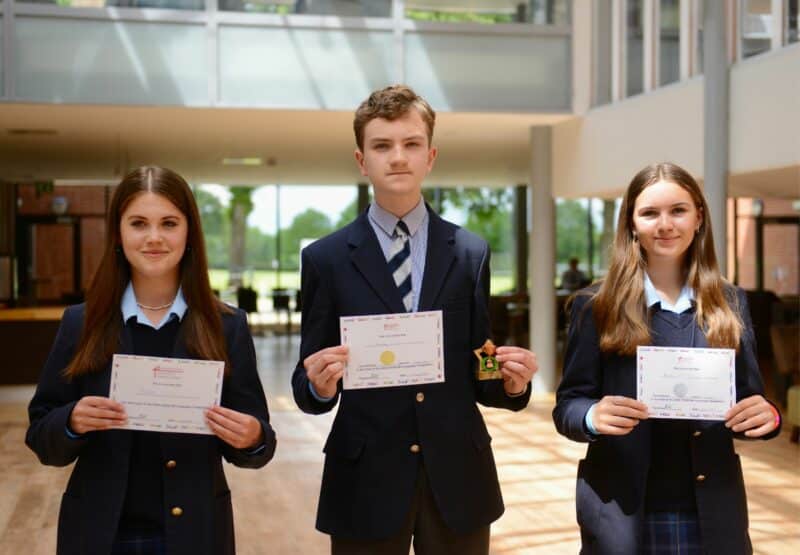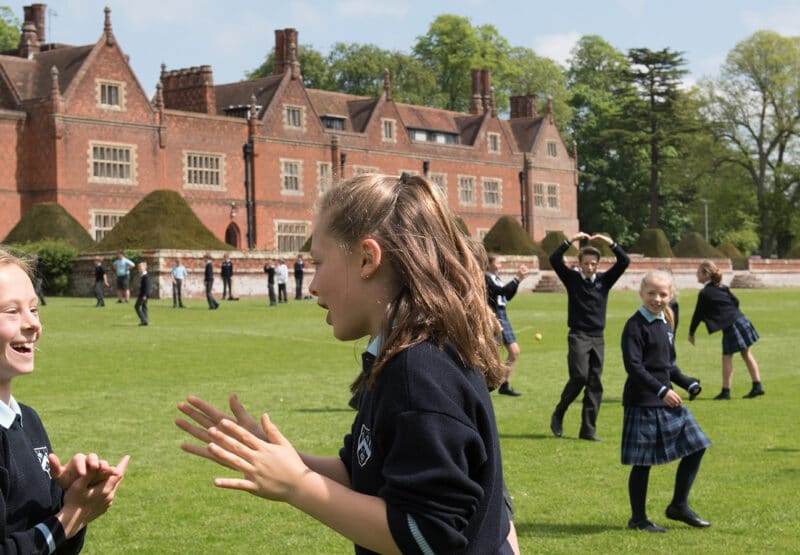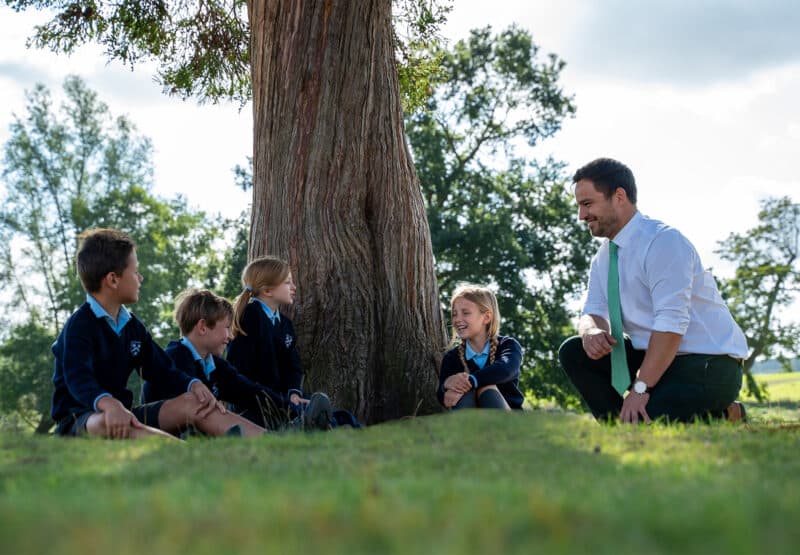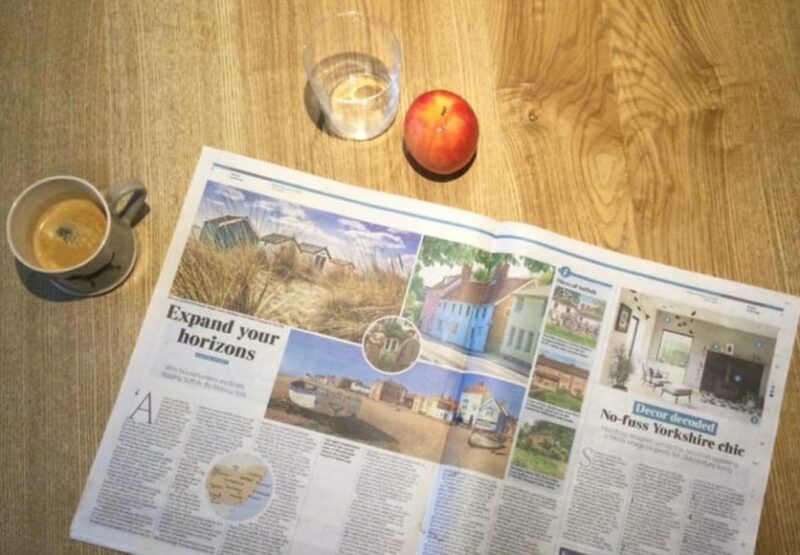Founder of Girls on Board, Andrew Hampton spoke to Framlingham College parents this term about the importance of female friendships and how to support children when dealing with relationship fallouts.
Previously Headteacher of Thorpe Hall from 2007 to 2021, Andrew Hampton became the founder of Girls on Board after twelve girls left Thorpe Hall due to negative relationships with other female pupils. Andrew witnessed first-hand how sour female friendships could become and the huge impact the associated negativity had on the girls, in a world full of immense outside pressures to ‘fit in’.
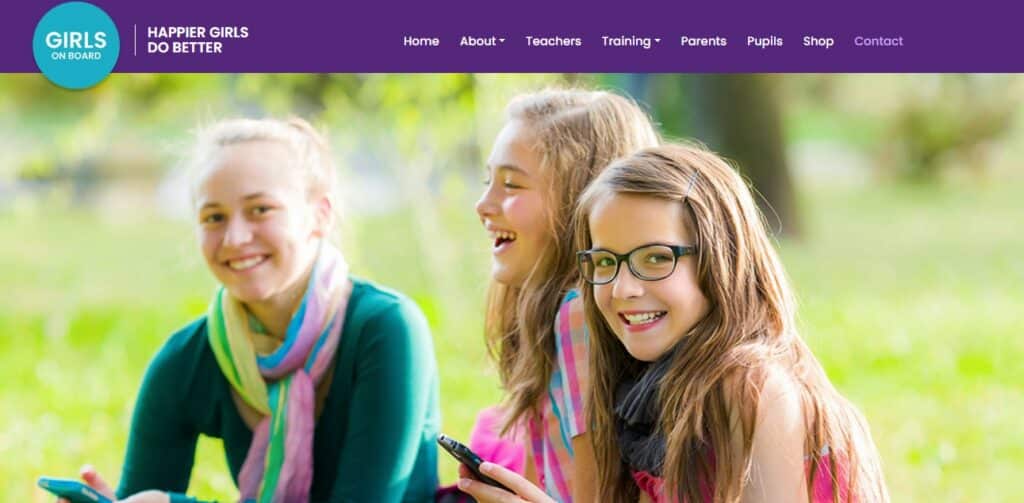
Sighting inspiration from Rosalind Wiseman’s Queen Bees and Wannabees, the CW series Gossip Girl, as well as the 2004 blockbuster hit Mean Girls; Andrew also credits his inspiration for Girls on Board with the help of his daughter’s Holly and Naomi.
Together they wrote a book, When Girls Fall Out, which is a frank and carefully explained guide for parents to help them support their daughters effectively. Told from the girls’ point of view, this book shows parents how to empower their daughters to be empathetic, resilient, and more consistently happy in their friendships.
“On the whole, girls do want to get on with everybody and be happy, but sometimes they find the search for trusting and reliable friendships hard and without these friendships they feel unhappy”, says Andrew. “Their unhappiness is often displayed through tearfulness and depression. Adults can help in only very limited ways because the problems within friendship groups are very fluid and often difficult to express or explain.”
One example Andrew made was: A girl arrives at registration in the morning and as she looks across the room and sees there is nowhere to sit – she can’t sit with this group or that group – you then become overwhelmed, panicked, or self-conscious. Where do I sit? What do I do? Where do I belong? As a result, she becomes anxious, she avoids school, or arrives late to avoid walking into registration alone altogether.
“I think every girl at school across the world needs at least one other girl in her year group and in her school to call a friend”, Andrew concludes. “If she doesn’t that’s devastating [to her] and very uncomfortable. Furthermore, I don’t think’s it’s an exaggeration to say it’s an existential imperative.”
Speaking to the school community further, Andrew also offered advice on when teachers should step in with pupil conflict, the dynamics within friendships groups and useful steps for parents to use when their daughter has clearly had a bad day at school.



